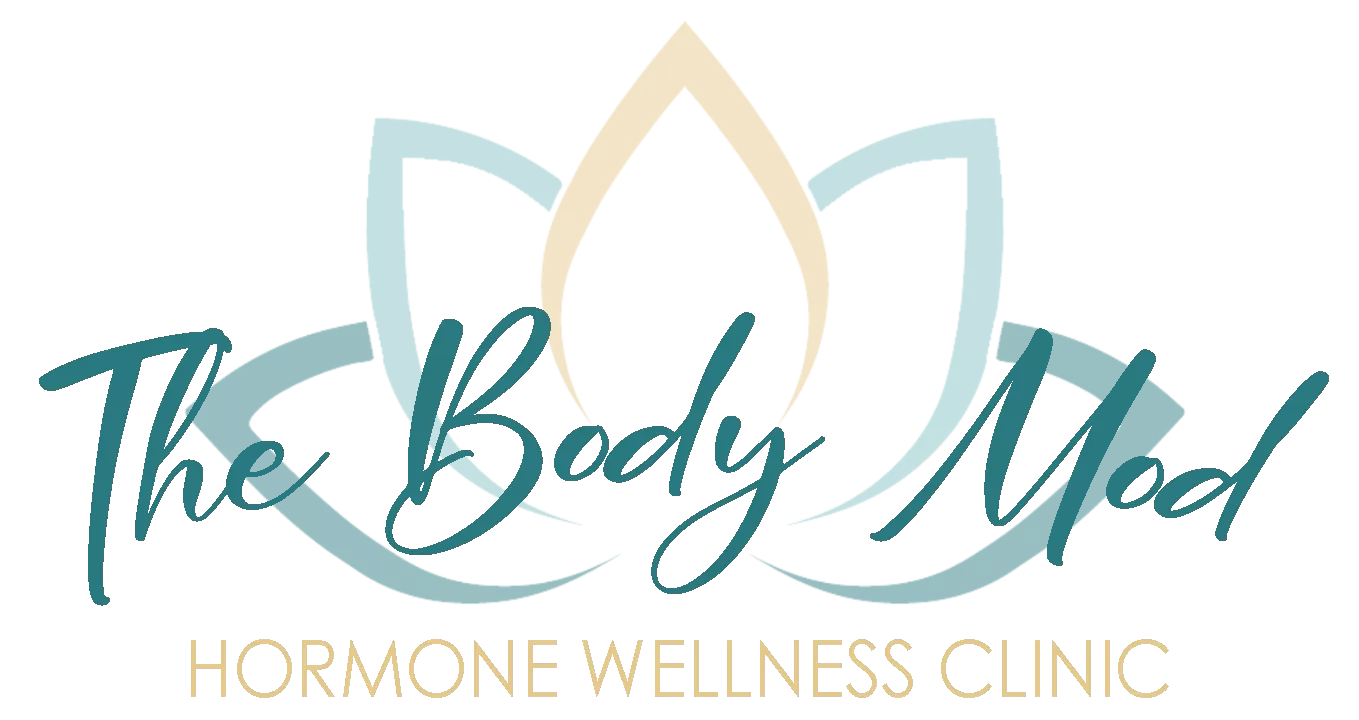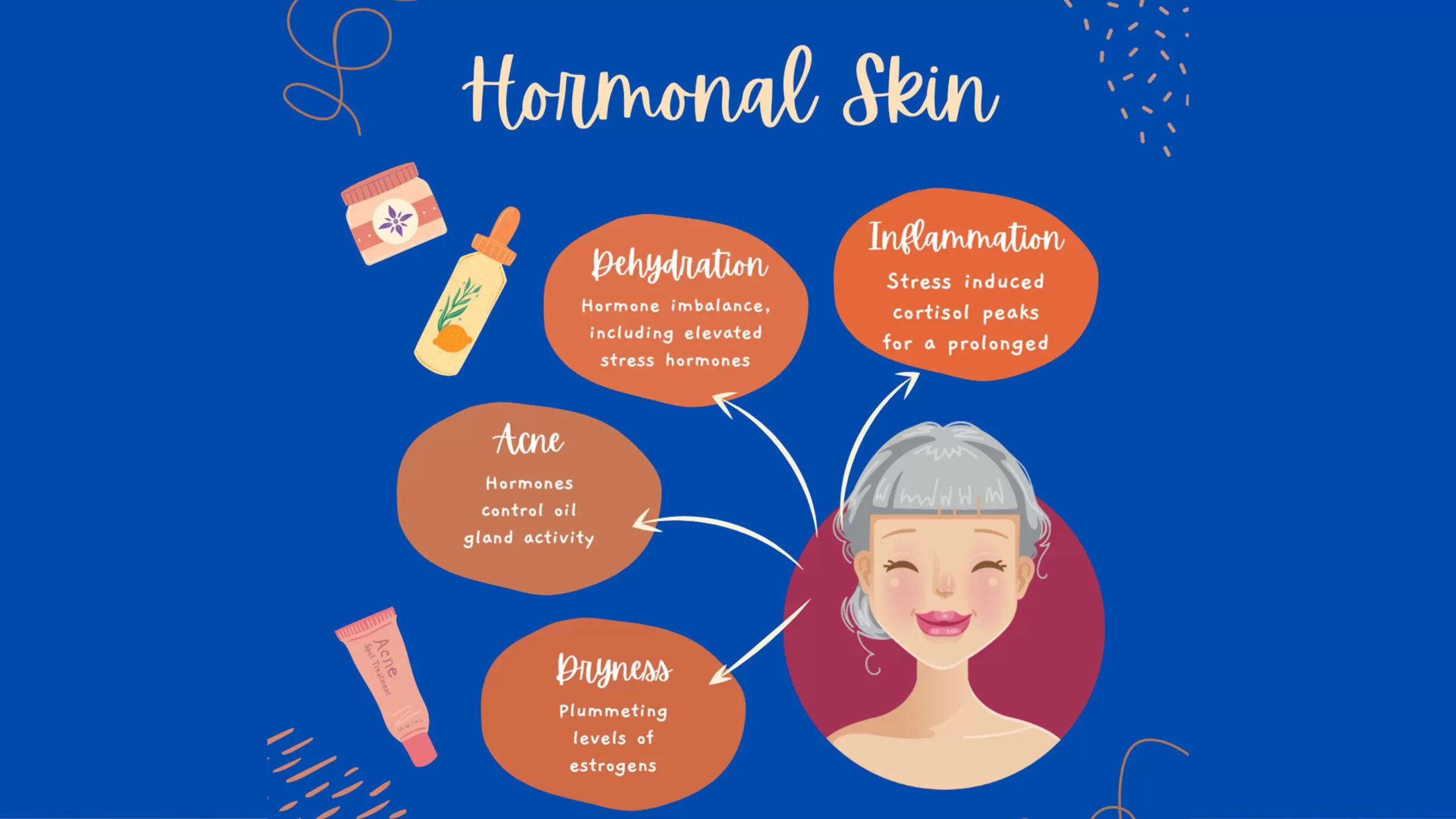Understanding the Impact of Aging on Hormones and Your Overall Health
Hormones are essential chemical messengers that regulate a multitude of bodily functions. As we age, hormonal balance becomes increasingly significant to maintaining health and well-being. From metabolism and weight control to mood and mental acuity, hormones play a pivotal role in almost every aspect of our lives.
The Role of Hormones
Hormones are produced by glands in the endocrine system and travel through the bloodstream to organs and tissues, where they influence a variety of functions. Some key hormones include:
- Insulin:Regulates blood sugar levels and impacts metabolism.
- Thyroid Hormones:Control metabolism, energy levels, and overall vitality.
- Estrogen and Progesterone:Play crucial roles in sexual function, mood regulation, and reproductive health.
- Testosterone:Affects muscle mass, bone density, and mood.
Aging and Hormonal Changes
As we age, our hormone levels naturally fluctuate and often decline. This can lead to a range of symptoms and health issues. Here’s a look at some common hormonal changes associated with aging:
- Menopause:In women, menopause typically occurs in their late 40s or early 50s, leading to a significant decrease in estrogen and progesterone. This transition can cause symptoms like hot flashes, mood swings, and decreased libido.
- Andropause:Similar to menopause, men experience a gradual decline in testosterone levels, sometimes referred to as andropause. This can result in reduced energy levels, decreased muscle mass, and changes in mood.
- Thyroid Changes:The thyroid gland may become less efficient with age, leading to hypothyroidism (underactive thyroid), which can affect metabolism and energy levels.
- Insulin Sensitivity:Aging can also affect how the body responds to insulin, potentially leading to insulin resistance and type 2 diabetes.
Maintaining Hormonal Balance
Keeping hormones balanced is key to maintaining your energy, mood, and overall health. Here are some strategies to support hormonal health as you age:
- Healthy Diet:A balanced diet rich in nutrients, fiber, and healthy fats can support hormonal function. Foods like leafy greens, lean proteins, and whole grains are beneficial.
- Regular Exercise:Physical activity helps regulate hormones, improve mood, and manage weight. Aim for a mix of aerobic exercises and strength training.
- Stress Management:Chronic stress can disrupt hormonal balance. Practices like meditation, yoga, and deep breathing can help manage stress levels.
- Adequate Sleep:Quality sleep is crucial for hormonal health. Establish a regular sleep schedule and create a restful environment.
- Medical Consultation:Regular check-ups with a healthcare provider can help monitor hormone levels and address any imbalances. Treatments such as hormone replacement therapy (HRT) might be recommended for those experiencing significant symptoms.
Conclusion
Hormones are the body’s natural regulators, influencing everything from metabolism to mood. As we age, understanding and managing hormonal changes can significantly impact your quality of life. For personalized advice and treatment options, consider consulting with a specialist. For more information, you can reach out to The Body Mod in Dayton, Ohio at 937-530-0070 or visit their websitehttps://www.thebodymod.com.
Taking proactive steps to maintain hormonal balance can help you feel energetic, strong, and mentally sharp as you age. Call for a consultation today.





